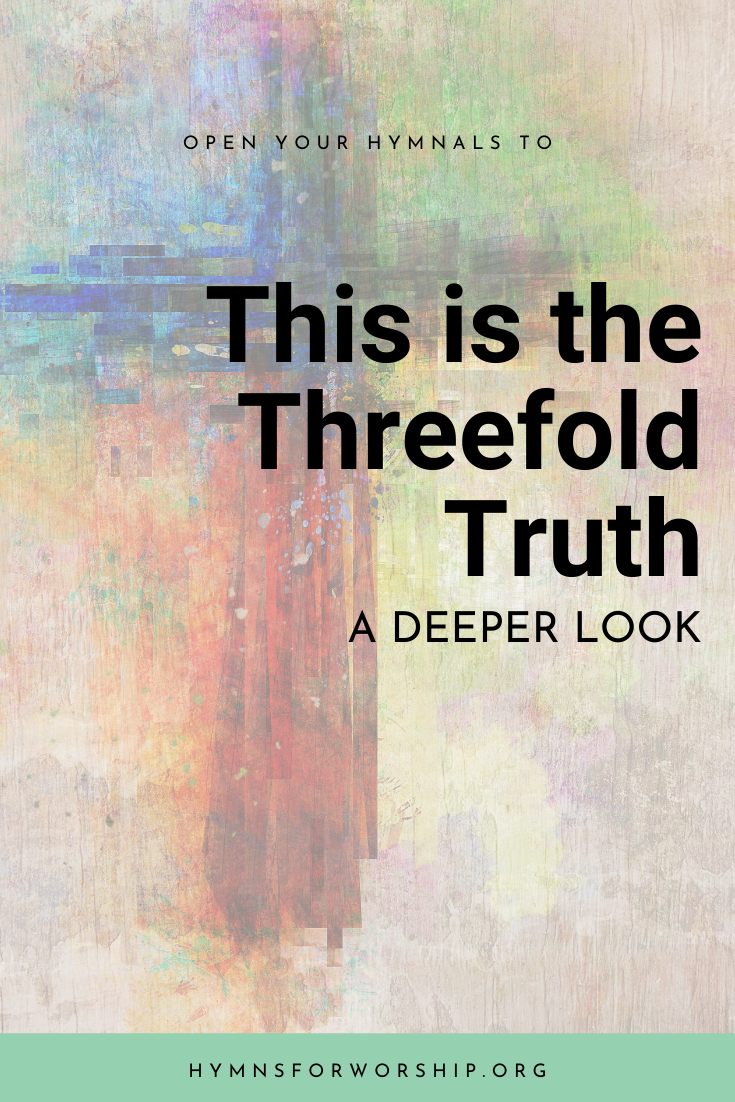My first introduction to this hymn was in the Philippines. The music coordinators of the Adventist university church where I regularly attended chose it as the regular hymn of response to close the service, right before the postlude.
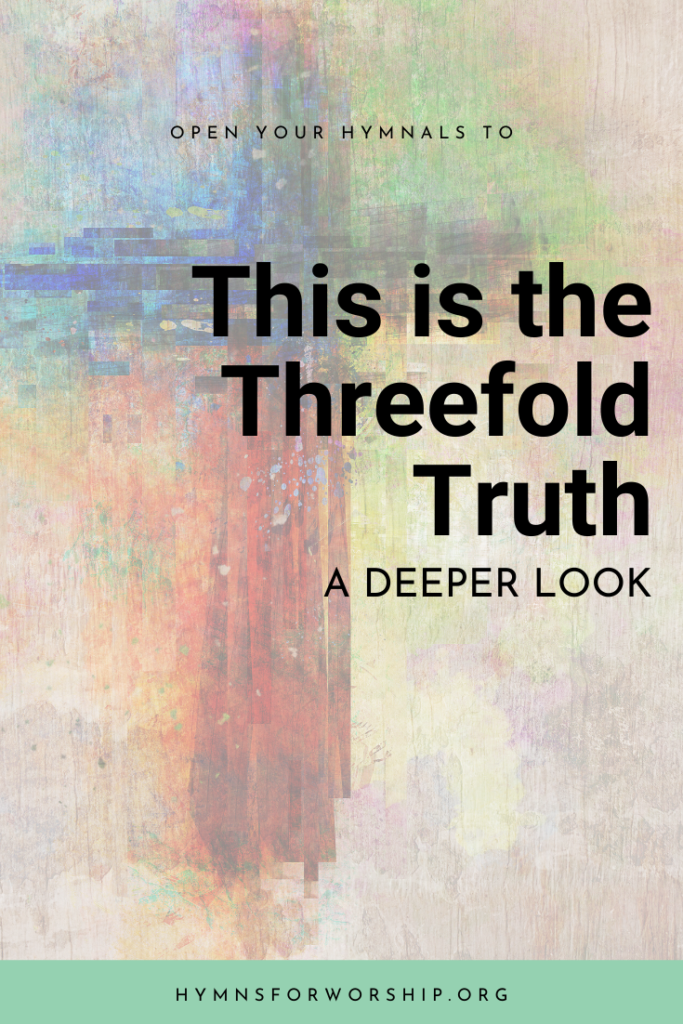
It seemed like an appropriate choice for a hymn for it outlines what Seventh-day Adventists and other Protestant denominations believe and hope for.
Christ has died! Christ is risen! Christ will come again!
But, is it really Adventist-worship-service appropriate?
First, who wrote the text?
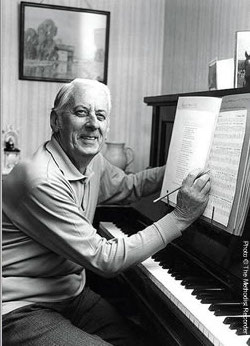
Fred Pratt Green (1903-2000) was never really interested in writing hymns. In fact, he only started writing on the verge of his retirement. However, along the course of his career and life, he changed his mind and said, “Perhaps I looked on hymn writing as an inferior art…I found it a fascinating assignment.”
Pratt Green was born in Roby, near Liverpool, England, on September 2, 1903. He was ordained as a Methodist minister in 1928 and served circuits in the north and south of England until 1969.
When he retired from the ministry in 1969, he was asked to serve on a committee to produce a supplement to the Methodist Hymn Book. The committee soon found that they had great tunes without suitable texts, and a number of important themes no hymn writers had yet tackled.
Pratt Green was on the committee because of his literary ability, proved by poems and plays he wrote since the age of 24. He then set to the task of writing hymns. His hymnwriting career took off! Over the next two decades, Pratt Green wrote over 300 hymns and songs which found their way across different denominational hymnals and songbooks.
Green’s obituary on Oct. 24, 2000, quoted him on the subject of hymn singing: “It’s such a dangerous activity… you get this glow which you can mistake for religious experience.”
Related Post: Explore more hymns by Fred Pratt Green in the SDA Hymnal
SDAH 22: God is Our Song
SDAH 32: When in Our Music God is Glorified
SDAH 59: Great Our Joy as Now We Gather
SDAH 61: God is Here!
SDAH 81: Though I Speak With Tongues
SDAH 234: Christ is the World’s Light
SDAH 397: An Upper Room
Circumstances surrounding the writing of “This is the Threefold Truth”
This hymn outlines three fundamental truths that hold the gist of Christian faith in general. Christ died for us. Christ defied death and was risen. And Christ would come again. Pretty much standard theology.
However, in the description written in the Companion to SDA Hymnal, it was worded like this, “The triple exclamation that concludes each stanza of this hymn comes from ancient sources and has appeared in some recent works also.”
I don’t know about you, but that description sounded pretty dodgy to me. What were those ancient sources? Why would it be worded like that?
Turns out, the exact same words “Christ has died, Christ is risen, Christ will come again”, the three-fold truth, was a traditional memorial acclamation sung or recited by people after the Eucharist. Going back further, it was really adapted from ancient eastern liturgies, starting from St. James and the Roman Rite. The Companion was correct, it did come from ancient sources.
Other denominations have followed suit with these acclamations. For example, in the Episcopalian Church, they would end their prayers with, “We remember his death, we proclaim his resurrection, we await his coming in glory.”
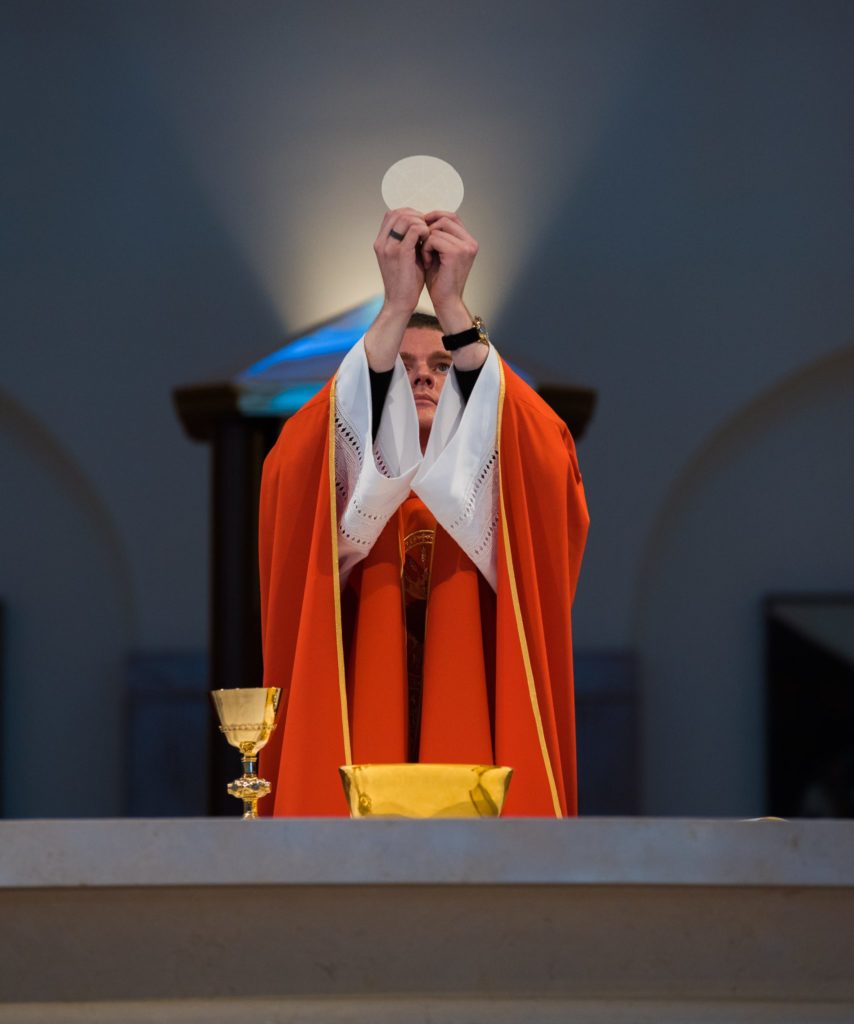
Hence, Pratt Green originally wrote five stanzas that reflect the Eucharist. Only three made it to the SDA Hymnal because clearly, the other two did not agree with what Adventists believe in.
Made sacred by long use,
New-minted for our time,
Our liturgies sum up
The hope we have in him:
Christ is died!
Christ is risen!
Christ will come again!
On this we fix our minds
As, kneeling side by side,
We take the bread and wine
From him, the Crucified:
Christ has died!
Christ is risen!
Christ will come again!
Related Post: Explore more hymns by Fred Pratt Green in the SDA Hymnal
SDAH 548: Now Praise the Hidden God of Love
SDAH 558: For the Fruits of His Creation
SDAH 562: Come, Sing a Song of Harvest
SDAH 581: When the Church of Jesus
SDAH 586: What Joy It Is to Worship Here
SDAH 641: God in His Love for Us
How did it end up in the SDA Hymnal?
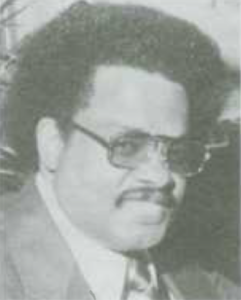
Pratt Green originally wrote the text for an anthem. It was published in The Hymns and Ballads of Fred Pratt Green in 1982 by Hope Publishing Company. The commentary in that book said, “Fred hopes someone will write a tune for it in the form of a hymn.”
The SDA Committee then grabbed on this opportunity and sent it to thirty Adventist composers in hopes that a tune can be made for it. Out of all those submitted, Allen W. Foster’s CHALLENGE was chosen.
When asked what Foster’s thought process was when he composed the tune, he said, “The hymn tune name I chose, CHALLENGE, seemed appropriate to the pleasant task of fitting a tune to these challenging and inspirational words. My method of writing tunes for existing texts had always been meter-based — how the words flow from my personal reading of them. Often, from the meter, a tune will literally jump out! This is how the tune CHALLENGE managed to create a bond with the great Fred Pratt Green hymn text.”
Foster is a pianist, organist, composer, teacher, and church musician from New Jersey. Foster was the evangelist’s songster, working alongside readily recognizable names such as E. E. Cleveland, Charles D. Brooks, and Neal C. Wilson. He and his wife were awarded a Lifetime Achievement Award in 2008 by the Guild of Adventist Musicians.
Question: Inspite of this hymn’s textual origins, do you think it is still appropriate to sing it in a Seventh-day Adventist worship service? Why or why not? I’d love to hear what you think in the comment section below!
Like this article? Share it!

